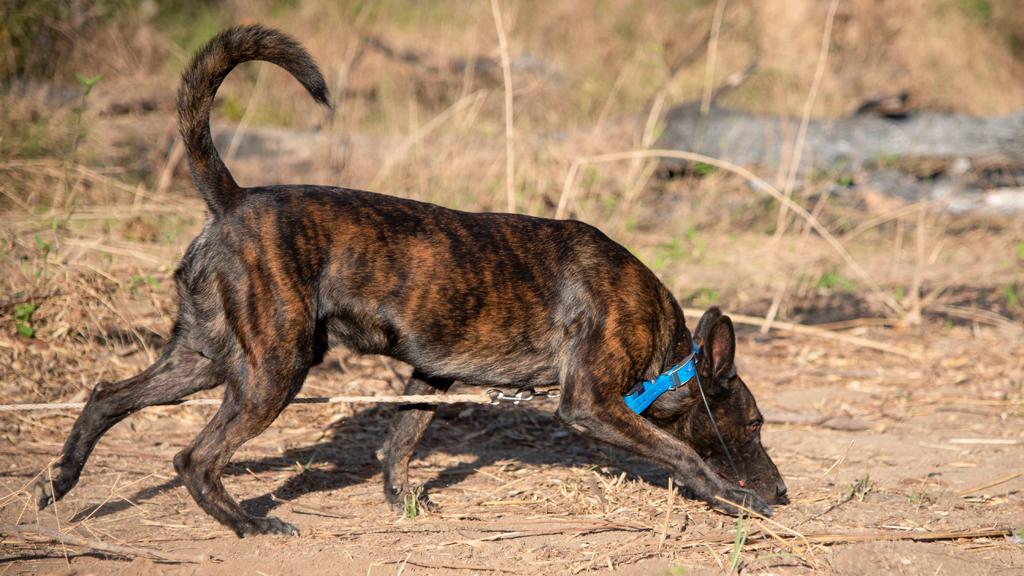Search is the management and application of systematic procedures and appropriate detection equipment to locate specified target items. These may include terrorist resources, conventional, improvised and CBRN munitions, missing and hiding persons, drugs, stolen goods, contraband, information and evidence. As well as locating hidden, lost, abandoned or discarded items search provides a risk management tool, isolates threats and facilitates safe access to the target, whilst minimising damage and disruption to routine activity, thereby enabling subsequent actions. Search may be utilised in both high risk and low risk environments.
Effectively planned and executed search significantly enhances the successful location of any item whether placed, hidden, lost, or discarded and allows trained personnel to manage risk, achieve safe access to and locate target items thereby enabling subsequent activity such as disposal of bomb, recovery of missing person or prosecution of criminal. Search utilising a variety of detection equipment and techniques is also a major asset in aiding infrastructure and transport security, force protection, freedom of movement and the denial of criminal, terrorist and enemy force success.
Search may be applied to persons, vehicles, ships, aircraft, buildings, complexes, routes, railway lines, urban and rural areas and undertaken in hazardous environments including confined spaces, oxygen deficient, toxic (NBCR), explosive or flammable atmospheres, underwater and at height requiring additional specialist training and equipment. In addition to locating target items search confirms the absence of a potential threat providing a confidence measure, minimising disruption and allowing the restoration of routine activity.
Animal assisted search and detection may involve the use of dogs (IEDs, people, contraband, human health conditions) and in the case of explosives and tuberculosis, Gambian Pouched Rats (Cricetomys gambianus).
Photo credit: © APOPO
